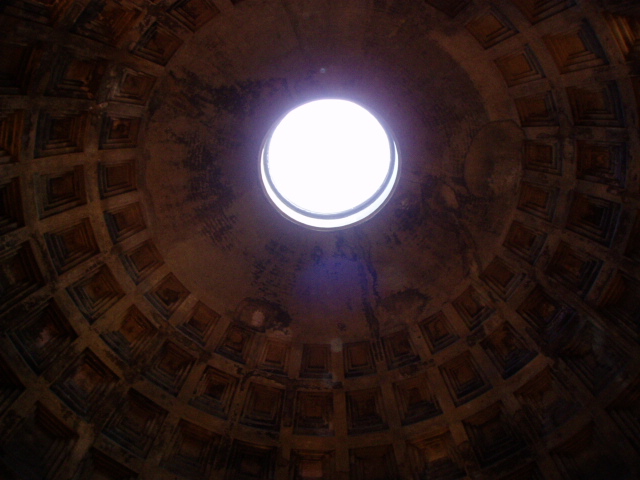I have just learned of the death of Alexandre Navalny, aged 47, in his Siberian prison. His death touches and saddens me as if I had lost someone close to me. And indeed he was. By braving fate as he did until now, I had come to believe that he was immortal, or at least strong enough to withstand the incarceration of the Putin regime. We knew he was ill and poorly cared for, we knew he was in solitary confinement and suffering the worst abuses, but I still wanted to believe he would pull through. I wanted to believe that his prison in the Arctic Circle was far enough away from the circles of central power that his jailers, or at least one of them, realizing his value, would soften the conditions of his detention; I wanted to believe that the “baraka” he had saved so far was still on his side to ensure the transition of the Russian people to a genuinely democratic and peaceful regime: as was the case for Vaclav Havel thirty years earlier. I wanted to believe that his iron will, his courage, would protect him like an invisible shield. But I was naive, I was wrong; he was just a man after all. An ordinary man.
A man is strong and fragile at the same time. A man can be degraded, hurt or killed.
There’s something Christ-like about his struggle, which should be saluted with the dignity his gesture demands. He embodied something greater than himself, greater than the cause he was defending, greater than man.
“It’s his vanity”, the cynics will retort, and there will soon be plenty of them in Europe chanting that he ” asked for it”. These cowards will hasten to disguise his courage as temerity; to swap his strength for mild madness, or even pathetic delirium; they who dream, as they once did, of the “glorious revenge of the oppressed”, who boast of being on the right side of History, pretending to be unaware that they are the useful idiots of autocrats, only too happy to exploit for their own benefit the resentment of the world’s outcasts.
This compromise is nothing new: it has accompanied the fight against inequality since the dawn of time. In the folds of revolt, draped in the certainties of the oppressed, future tyrants emerge. Revolutions are breeding grounds for despots. Today, no one can ignore this.
And yet, we pretend not to know it. Some of the most “militant” are keen to blame “the West” for all our ills, and dream of France’s own swing to the extreme right. By his indifference and liberal arrogance, isn’t he the cause of everything that’s happening? This tartufery must stop. We must have the courage to say no, as Alexei Navalny did, and recognize our enemies for what they are: accomplices, cowards and murderers.

